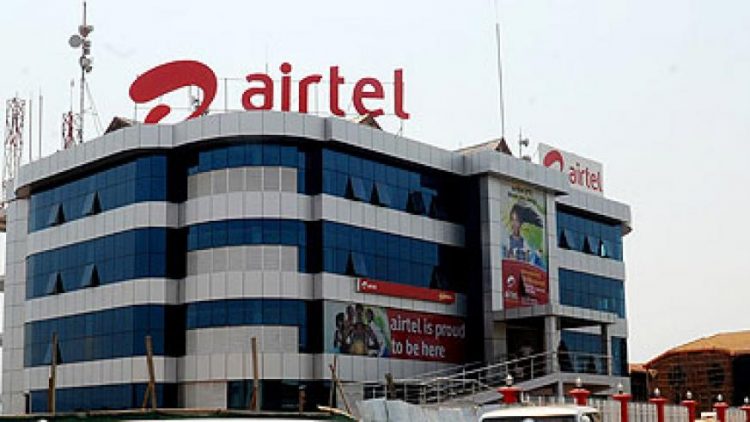
Airtel Nigeria, yesterday, effected the 50 per cent tariff hike approved by the Federal Government. Airtel joined MTN Nigeria as the two operators that have implemented the price change so far. Under the new pricing regime, Airtel has replaced its cheapest monthly data plan of 1.2GB plan for N1,000 with 2GB for N1,500.
Other changes include 3GB for N2, 000 (from 1.5GB at N1, 200), 4GB for N2, 500 (formerly 3GB at N1, 500), and 8GB for N3, 000 (formerly 4.5GB at N2,000). Other adjustments include 10GB for N4,000 (formerly 6GB at N2, 500), 13GB for N5,000 (from 10GB at N3,000), 18GB for N6,000 (formerly 15GB at N4,000), and 25GB for N8,000 (replacing 18GB at N5, 000).
Airtel’s call rates rose to 25 kobo per second from about 18 kobo per second. Like MTN, Airtel has left some tariff plans untouched. For instance, the 5GB plan/week for N1,500 remains unchanged.
This hike in tariff is meant to support “the ability of operators to continue investing in infrastructure and innovation, ultimately benefiting consumers through improved services and connectivity, including better network quality, enhanced customer service, and greater coverage.”
These increases have seen pushback from subscriber groups, Labour and trade unions. Already, the Nigerian Labour Congress (NLC) has called for boycotts of telecom services and protests by March 1, 2025, if the operators fail to revert to their old prices.
A non-governmental organisation in Nigeria, the Cloud Network Foundation (CNF), has called on the Federal Government to reassess the hike, warning of its potential economic and social repercussions.
The increase, which was announced by the Ministry of Communications and Digital Economy and subsequently endorsed by the Nigerian Communications Commission (NCC) has sparked widespread criticism from key stakeholders, consumer advocacy groups, and industry players.
Reacting to the growing public outcry, the Chairman of CNF, Abimbola Tooki, expressed concerns over the timing of the tariff adjustment, noting that it comes at a period when inflation is at an all-time high, significantly eroding the purchasing power of Nigerians.
Tooki emphasised that the Federal Government must consider the economic realities faced by citizens before implementing policies that could further strain their finances. He described the tariff hike as “insensitive and exploitative,” arguing that it could deepen the economic challenges facing millions of telecom users across the country.
“The sharp increase in telecoms tariffs is being perceived as an attempt to further disempower the people.“This move could inadvertently fuel civil society agitation, as it reinforces the narrative that the government is seeking to stifle the voice of the masses rather than empower them,” he said.
Highlighting the critical role of affordable telecom services in national development, Tooki pointed out that low telecom tariffs have had far-reaching benefits, including reducing unnecessary travel, easing road congestion, and fostering social connections through seamless communication.
“Telecoms have become an enabler of economic prosperity,” he noted.
“Beyond its social advantages, affordable telecoms services have supported e-commerce, digital trade, and remote work, creating new economic opportunities at a time when traditional job opportunities are declining,” he said.
He warned that a sudden and sharp increase in tariffs could deter many Nigerians, particularly small business owners and low-income earners, from fully utilising telecom services, thereby hindering economic growth.
While acknowledging the rising cost of doing business, Tooki advocated a gradual approach to any telecoms tariff adjustments rather than a sudden 50 per cent hike. He stressed that addressing industry-specific financial challenges could help cushion the impact on operators without unduly burdening consumers.






